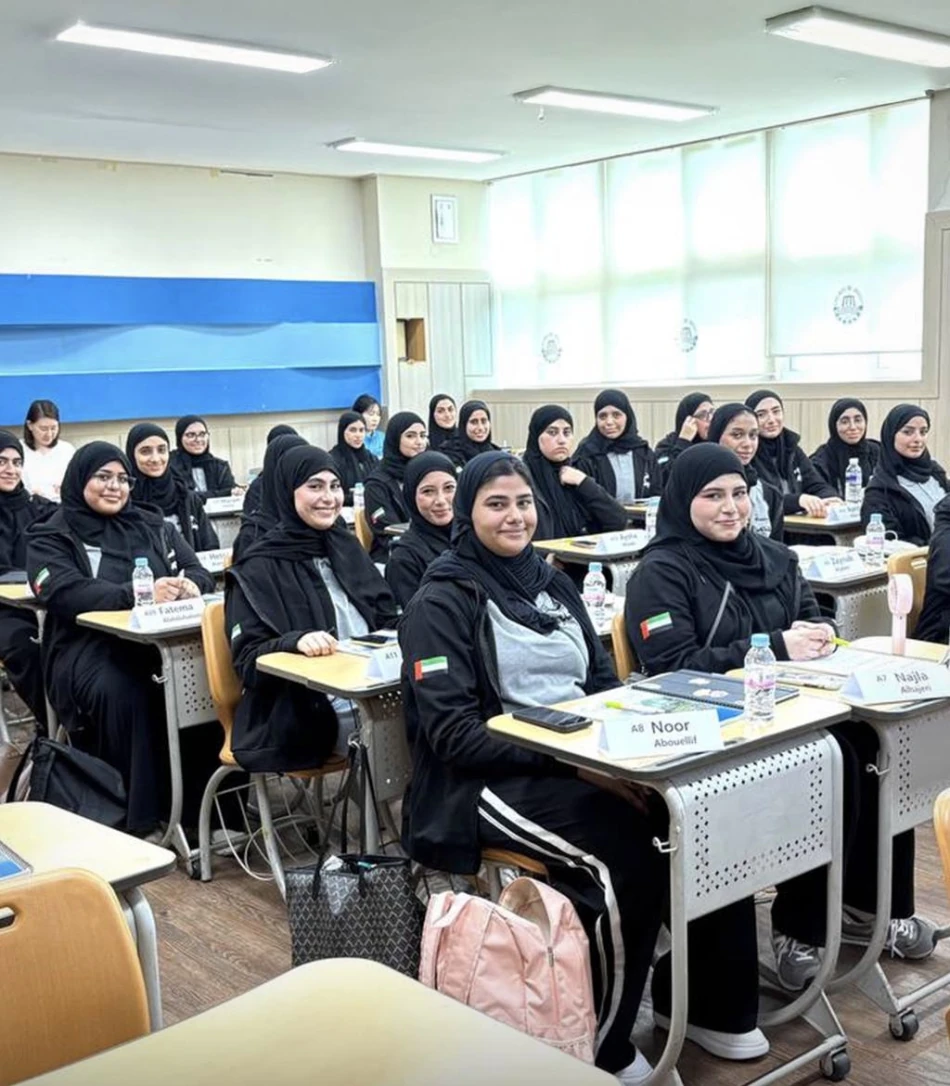
Ministry Bans Unhealthy Snacks in School Cafeterias, Promoting Healthier Eating for Students
UAE Schools Ban Junk Food as Ministry Targets Childhood Obesity Crisis
The UAE Ministry of Education has implemented a comprehensive ban on unhealthy foods in school canteens and packed lunches, marking one of the region's most aggressive moves to combat rising childhood obesity rates. The policy, which prohibits everything from processed meats to sugary drinks, reflects growing global concern about the link between poor nutrition and declining academic performance among students.
Sweeping Food Restrictions Target Modern Diet Staples
The ministry's banned food list reads like a catalog of popular children's snacks and convenience foods. Processed meats including mortadella and sausages are prohibited, alongside instant noodles and ramen products that have become dietary staples for busy families. The restrictions extend to all carbonated beverages, sugar-heavy confections like chocolate and manufactured biscuits, chips and crisps, and fat-laden cakes and pastries.
Particularly notable is the inclusion of chocolate or salt-coated nuts and a complete ban on peanuts and peanut products due to allergy risks—a safety measure that aligns with international school standards but represents new territory for regional education policy.
Global Health Warnings Drive Policy Shift
The ministry justified the restrictions by citing international health recommendations that link processed foods to rising obesity rates and chronic diseases among children. More significantly, officials emphasized the connection between poor nutrition and reduced cognitive function, directly tying dietary choices to academic achievement.
This approach mirrors similar initiatives in countries like the UK, where school food standards have been regulated since 2006, and Chile, which implemented strict marketing restrictions on unhealthy foods in schools. However, the UAE's comprehensive approach—extending beyond canteens to include home-packed lunches—represents a more invasive regulatory model.
Breakfast Emerges as Academic Performance Tool
The ministry placed particular emphasis on breakfast as "the most important meal of the school day," positioning it as both an energy source and a cognitive enhancer. This focus reflects emerging research linking morning nutrition to memory activation and comprehension levels throughout the academic day.
The breakfast emphasis also serves a strategic purpose: well-fed students are less likely to crave unhealthy snacks during school hours, potentially reducing the enforcement burden of the new restrictions.
Implementation Challenges Loom Large
While the policy signals strong governmental commitment to student health, practical enforcement presents significant challenges. Unlike countries with established school meal programs, the UAE system relies heavily on private canteen operators and family-packed lunches, creating multiple compliance points that require monitoring.
The success of this initiative will likely depend on parent cooperation and the availability of affordable healthy alternatives. International experience suggests that food restriction policies work best when accompanied by education programs and accessible healthy options—factors that remain unclear in the current implementation.
Regional Leadership in Child Health Policy
The UAE's move positions the country as a regional leader in addressing childhood nutrition, potentially influencing policy across the Gulf states where similar dietary concerns exist. The comprehensive nature of the ban—covering both commercial and home-prepared foods—sets a precedent that other education systems may follow or resist, depending on their cultural and regulatory approaches to family autonomy versus public health intervention.
The ministry's framing of healthy eating habits as "the first line of defense" against disease suggests this policy represents just the beginning of broader health-focused educational reforms, potentially extending into physical activity requirements and health curriculum enhancements in future academic years.
Most Viewed News

 Sara Khaled
Sara Khaled






